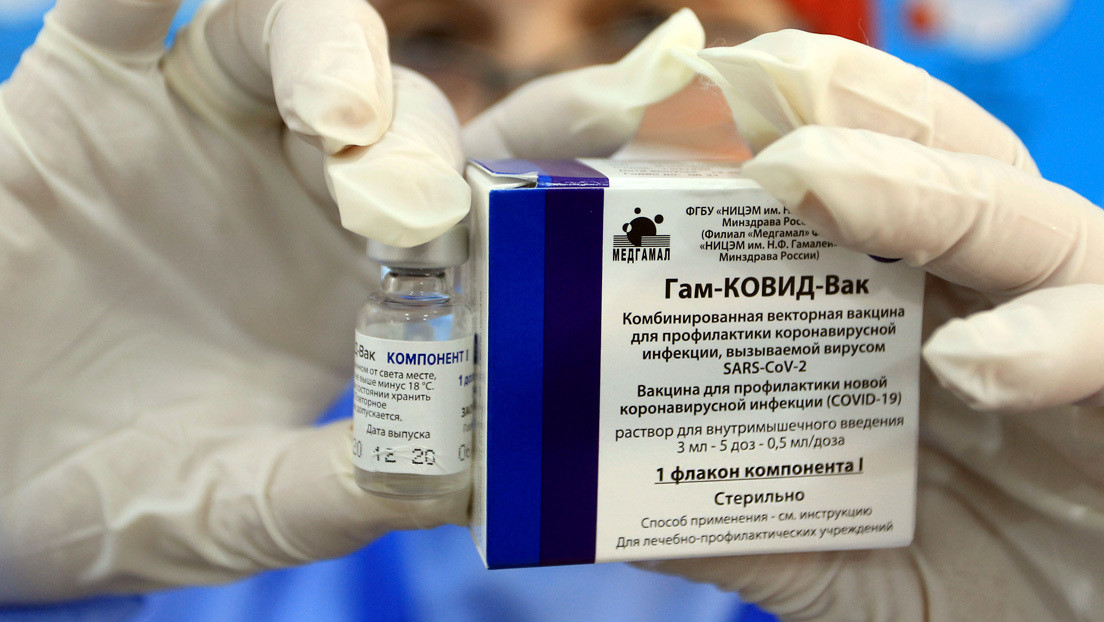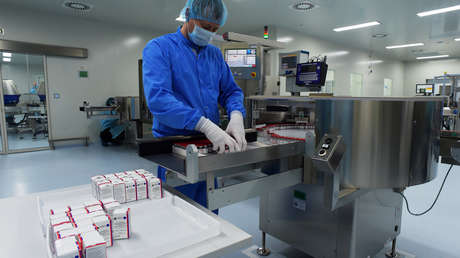
The Lancet report on the effectiveness of the Russian drug paved the way for the “prestigious club” of the three most effective vaccines in the world, said the director of the Center for Russia-Europe-Asia Studies in Brussels.
When Russia became the first country in the world to register a coronavirus vaccine last August, the world received the news with skepticism as the drug was approved without completing Phase III clinical trials, Politico magazine recalls.
For some foreign scientists, the speed of approval of the new drug, which was called Sputnik V, became a reason to doubt its quality and effectiveness. However, the recent report by the renowned magazine The Lancet has finally earned him recognition from the international scientific community and completely changed the headlines of many media outlets.

The Lancet, one of the most prestigious journals in the medical field, released data on the results of the Phase III clinical trials of Sputnik V on Tuesday, confirming that the antigen has an overall efficacy of nearly 92%, causing no serious side effects. effects and is safe for all age groups.
The “prestigious club” of vaccines
So far, Sputnik V is considered by low- and middle-income countries as the only route of vaccination, as are the vaccines from Chinese pharmaceutical companies Sinovac and Sinopharm. After the publication of The Lancet, the Russian medicine has joined the “prestigious club of the three vaccines its effectiveness has been confirmed worldwide and exceeds 90%, ”said Teresa Fallon, director of the Center for Russia-Europe-Asia Studies (CREAS), based in Brussels.
According to the expert, competition is good, “even in vaccines,” and “the sooner vaccination programs are implemented, the faster the world can recover from this pandemic.”
In fact, Sputnik V can become a lifesaver for many countries. Russian health authorities have announced it will cost less than $ 10, which is twice as cheap as its foreign counterparts with similar efficacy rates.
In addition, Sputnik V does not require extremely low temperatures down to -70 degrees Celsius like the Moderna and BioNTech / Pfizer vaccines, based on mRNA technology, and can be stored between 2 and 8 degrees Celsius (normal refrigerator temperature).
A reason to think about the EU
According to Politico, the recent Lancet report’s confirmation of the safety and efficacy of Sputnik V could upset the European Union, frustrated by its “controversial” immunization strategy and the “slow” distribution of vaccines.

While countries like Hungary and Serbia are already working with Russian developers, “EU citizens may want to know why its leaders did not interact with Moscow from the beginning for the common good of public health, ”the media said.
The use of Sputnik V has already been approved in a total of 18 countries, including Argentina, Bolivia, the United Arab Emirates, Iran, Mexico, Nicaragua and Venezuela. Plus, they’ve already received requests for more than 1,200 million doses from 50 countries around the world, according to the drug’s makers.
If you found it interesting, please share it with your friends!